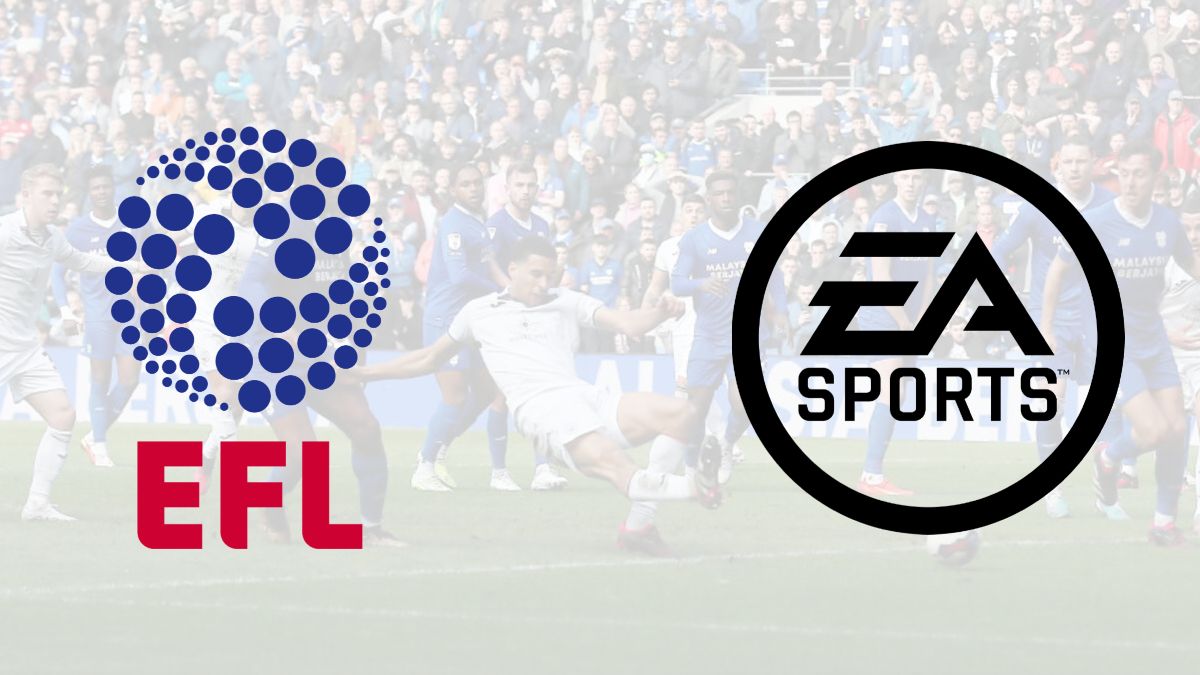The English Football League (EFL) has announced a multi-year partnership renewal with the renowned video game developer, Electronics Arts (EA), for the EA Sports FC football game franchise.
Under the terms of the agreement, EA Sports FC will remain the official licensee of all EFL teams until the end of the 2028–29 season, with all 72 teams in the EFL Championship (second tier), League 1 (third tier), and League 2 (fourth tier) divisions featured in EA Sports FC-branded games.
For a considerable amount of time, EA has been an official licensee of the EFL. Since 2016, the league has partnered with EA to sponsor its annual Young Player of the Year awards in all three divisions. Additionally, EFL referees are also promoting the game’s latest release through sleeve branding.
With a projected $20 billion in sales since its launch, the game series is among the most lucrative in video game history.
EA first became an official licensee of the EFL in 2006, when its EA Sports FC series of games was marketed under the name ‘FIFA’ under an arrangement with the world football governing body.
EFL Chief Commercial Officer, Ben Wright, said, “The EFL is really pleased to extend a longstanding partnership with a globally respected and valued partner in EA Sports FC. This [EA Sports FC] extension comes off the back of many exciting developments and partnerships for the League, most recently the newly announced international TV rights deal, which adds to the EFL’s global appeal among fans.”
James Taylor, Director – Football Partnerships at EA Sports FC, said, “We’re thrilled to continue our longstanding partnership with the EFL, allowing us to authentically integrate the world’s original league football competition in EA Sports FC 24. We hope that the EFL experience in-game can inspire the next generation to play like their heroes from the 72 EFL clubs.”
This latest licence agreement with the EFL comes after a period of increased worldwide exposure for football leagues.
In March, the EFL received record international rights payments for its global broadcast rights, suggesting the need for more football broadcasts worldwide in addition to the leagues’ market presence and support, with the Championship serving as a direct feeder into the lucrative top-tier Premier League (PL).

